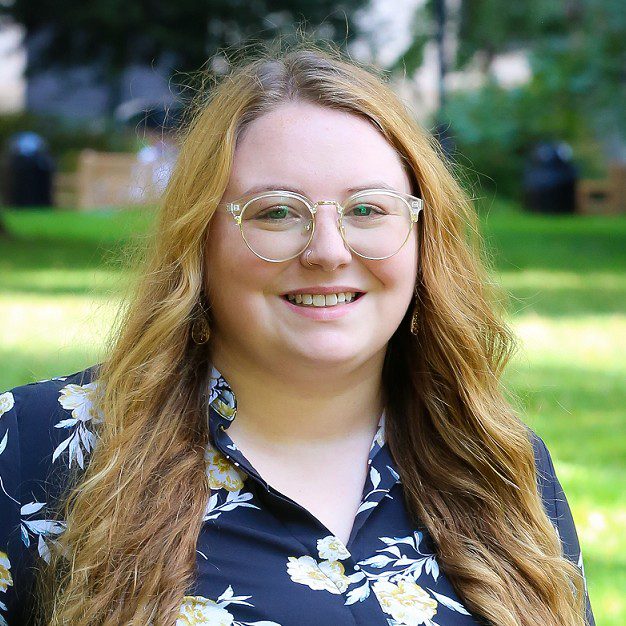UC San Diego School of Medicine Residents Champion Health Care Equity Through Social Justice Curriculum

March 14, 2024
When health care intersects with social justice, empowering early-career physicians with a robust understanding of equity and compassion is paramount. One such journey begins at UC San Diego School of Medicine where the Internal Medicine Residency Training Program has begun to integrate social justice into its Primary Care Track curriculum.
Made possible through funding from the Building Trust: Advancing Health Equity grant program, and led by Dr. Megha Shankar, a primary care physician and Assistant Professor of Medicine, the project aims to develop, implement, and evaluate a longitudinal social justice curriculum. Primary care residents will emerge from the program with the knowledge, attitudes, and skills necessary to address social determinants of health and advocate for groups that have been historically marginalized. The curriculum focuses on the interpersonal aspect of medicine, providing residents the tools they need to provide evidence-based, holistic care.
“The Social Justice Curriculum is a way for residents to get out of the clinics and hospitals—and into the community of the individuals we serve,” said Dr. Shankar. “Residency can be such a challenging time, and it can be hard to see the big picture, but when we meet patients where they are and see where they live, work, and play, we can really provide better clinical training and ultimately better patient care. Medicine involves so many intersecting factors and social determinants, and we want to ensure that residents are aware of this in order to make a meaningful connection with patients and promote health equity.”
In its first year, the project made significant progress. Collaborating with six community organizations (including Your Safe Place, Donovan Correctional Facility, and Serving Seniors), the project team crafted a series of interactive workshops. Student research assistants played a pivotal role, engaging in the development of evidence-based didactics and fostering bidirectional conversations with community partners. Evaluation efforts commenced with pre- and post-surveys, and initial results indicate the effectiveness of the curriculum in bolstering resident confidence across all learning objectives.
The impact has extended beyond academic circles. Through the UCSD Social Justice Forum and UC San Diego’s Discoveries Magazine, the project gained visibility, amplifying its reach within the UC San Diego Health System and the broader medical community.
As the project enters its second year, the momentum continues. Plans are underway to conduct another round of site visits with community partners, expand participant evaluations, and submit project findings for publication in medical journals.
The journey of integrating social justice into medical education is not without its challenges, yet the commitment to equity and compassion drives every endeavor. Through collaboration, innovation, and unwavering dedication, the UC San Diego School of Medicine’s Internal Medicine Residency Training Program exemplifies the transformative power of education in shaping health care professionals who champion social justice for all.



